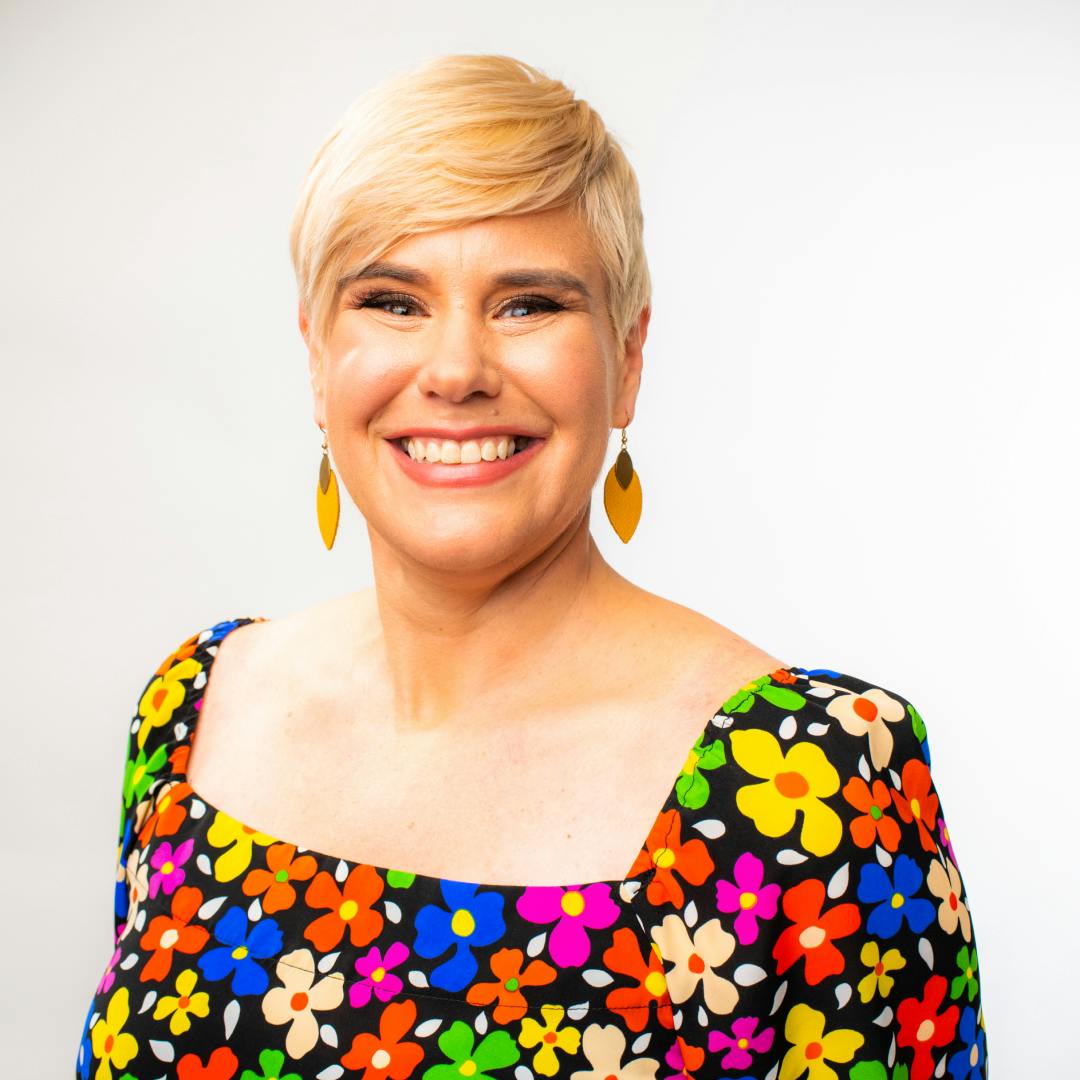You’ve paid down debts and built up your emergency savings account. Your retirement savings strategy feels solid. So what’s the next step? Shannah Game, a certified financial planner and the host of the podcast “Everyone’s Talkin’ Money,” shares how to approach the “this-or-that” questions you’re likely considering at this stage in your financial journey. And no matter how much you know, Game stresses that there’s always a benefit from talking to a pro. Here is how to make sure your money keeps working for you.
FEATURED EXPERT:SHANNAH GAME

Shannah Game - Certified financial planner and host of the podcast “Everyone’s Talkin’ Money."
What should I do after I’ve built up my emergency fund?
You’ll want to start investing more aggressively. If you have a 401(k) match, increase your contributions. Or, look into setting up a Roth IRA or something else on the side, [like a brokerage account]. Another thing to think about is your financial risks. Do you have enough car insurance coverage? Do you need life insurance? What about disability insurance? It can also be helpful to ensure you’re maximizing your benefits, too. Many of us just get our health insurance and then don't think about anything else, but look at what other benefits are available to you at work. Think: A health savings account, a flexible spending account, life and disability insurance, financial wellness programs, and education benefits.
Should I max out my 401(k) or open a brokerage account?
I would always suggest the 401(k) over the brokerage account because of the tax advantages. If you have a separate brokerage account, then you have to pay taxes on the gains in that account. But if you want to open a brokerage account to start individual stock investing, I would at least contribute to your 401(k) up to the match.
I would also think about what percentage of your income you’re willing to allocate to the brokerage account, knowing that there's probably going to be more risk involved. I would do a 401(k), and then if you're within the income limits, I would open a Roth IRA. And then if I was funding those, I would probably think about my brokerage account. I like to really make sure you're benefiting from a tax perspective before you get a brokerage account.
When should I choose a CD vs. a high-yield savings account?
Certificates of deposit (CDs) are great. Except your money is locked up for a period of time, and there are surrender fees if you need to access your money. If you're looking at a CD, it would be only in a situation where you’re fairly certain you don’t need to touch that money. If you do, you’ll lose all the benefits of investing in a CD vs. a high-yield savings account. I always say, keep a large percentage of your savings in a high-yield savings account, and maybe allocate 25% or less to put in a CD. But right now, with rates so close between a CD and a high-yield savings account, I think you’d need to have a pretty compelling reason to choose the CD.
How much should I put into a high-yield savings account vs. a brokerage account?
If your timeline is five years or less, I would not suggest that you put that money in any sort of brokerage account. Yes, the stock market has done well, but that is looking backward, not forward. We have no clue what's going to happen next. Keep that money in a high-yield savings account or a Roth IRA. Any money that you contribute to a Roth IRA can be taken out at any time, penalty- and tax-free — you just can't take out the gains. So that might be an option if you want to be able to access the money, but also want the opportunity for some growth.
But a brokerage account is where most people are kind of swinging for the fences, and picking stocks. If you choose to go that route, you need to be able to look at your account fairly often, and six months to a year may siphon off some of those gains. It’s very risky to put money in something like that if you’ve specifically allocated it for a major expense, like a house.
At what point should I work with a financial professional?
I'm a certified financial planner (CFP) and would recommend looking for someone with that designation. I think there are so many different ways that you can work with a financial professional, including just hiring someone for an hour to look over everything. It doesn't have to be a long commitment. You’re managing your money all the time, but an outside person can see blind spots. Whenever you have a big life change — getting married or divorced, having a baby, starting or closing down a business, or inheriting money — it's a good time to work with a financial advisor just to make sure that you're set up properly as you continue to grow wealth.
What’s the best way to keep track of my money across accounts?
A lot of people have all these different savings accounts, IRAs, and 401(k)s that they’ve never transferred. It’s great to consolidate things. You need to know yourself and figure out the best way for you, specifically, to manage your money across different accounts. There are a lot of great tools. One of my favorites is Monarch Money, which is really affordable and can give you a good view across accounts. Utilizing a tool like that can be very helpful. But if that feels intimidating, many people also create password-protected documents where they list out all of their different accounts, along with account numbers, and keep all that information in one place. Knowing how you work best is really important to finding a system, because life gets complicated.
This interview has been edited and condensed for clarity.
Live Smarter
Sign up for the Daily Skimm email newsletter. Delivered to your inbox every morning and prepares you for your day in minutes.






